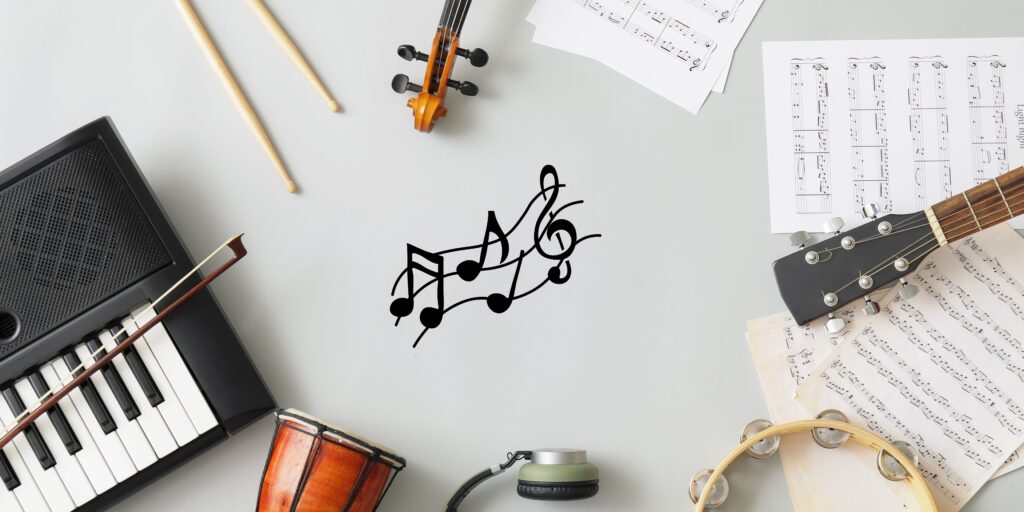Nurturing an Appreciation for Classical Music
Google tells us that the earliest musical composition is Hurrian Hymn No. 6 created sometime around 14th Century B.C. You can find a variety of modern musicians recreating this historical piece on Youtube. That is some staying power! Today’s music is diverse and creative and readily available, yet, the timeless melodies of classical music are still relevant and when given the opportunity, enjoyed by generations.
Classical music serves as a cornerstone of human artistic achievement, embodying centuries of cultural heritage and artistic innovation. From the transcendent harmonies of Mozart to the stirring crescendos of Beethoven, each composition offers a window into the depths of human emotion and intellect. By exposing young minds to the rich tapestry of classical repertoire, we provide them with an opportunity to explore the boundless realms of creativity and expression.
I recently took my 17 year old son to a performance by the classical music quartet Logos lead by the exquisite Julliard trained Cellist Paul Tseng at California Center for the Arts, Escondido. I never have high expectations for an outing such as this because my son is verbal, but not conversational. His vocal stemming mainly consists of shouting the various engine names from the Thomas the Train world which is something quite common for those on the autism spectrum but not acceptable during a classical music performance however, because of his love of music, we gave it a try. He was completely captivated by the performance. His typical vocal stimming and echolalia silenced as he watched the musicians on that stage and hummed to the melodies. Music became his therapy and the power of live classical music brought a whole new level of calm.
We shouldn’t be surprised by this as research has consistently shown that exposure to classical music enhances cognitive development, fostering critical thinking skills, spatial reasoning, and linguistic abilities. Through the intricate interplay of melody, harmony, and rhythm, young learners are encouraged to engage in active listening, honing their capacity for concentration and attention to detail.
Furthermore, classical music serves as a bridge across cultural divides, transcending geographical boundaries and fostering a sense of interconnectedness among diverse communities. Whether it be the haunting strains of a Chopin Nocturne or the exuberant melodies of a Vivaldi concerto, classical music speaks a universal language—one that resonates with audiences around the globe. By instilling an appreciation for classical music in the next generation, we cultivate empathy and understanding, nurturing future leaders who possess a deep appreciation for the beauty of human expression in all its forms.
We must advocate for opportunities of classical music into educational curricula at all levels, ensuring that every child has access to the transformative power of musical expression. By supporting arts initiatives and making arts accessible to all, we can pave the way for a future generation that embraces the beauty and complexity of classical music.
On March 26-27 The Civic Youth Orchestra will be hosting the High School Invitational Orchestra in the Concert Hall and on March 30, award winning Violinist Cristian Fatu with Evangeliya Delizonas-Khukhua will perform at the Center Theater as part of Jean Will Presents and the San Diego Music Society. Both events will take place at the California Center for the Arts, Escondido.
Gina Lopez is CEO at the California Center for the Arts, Escondido. To learn more about California Center for the Arts, Escondido go to artcenter.org.

